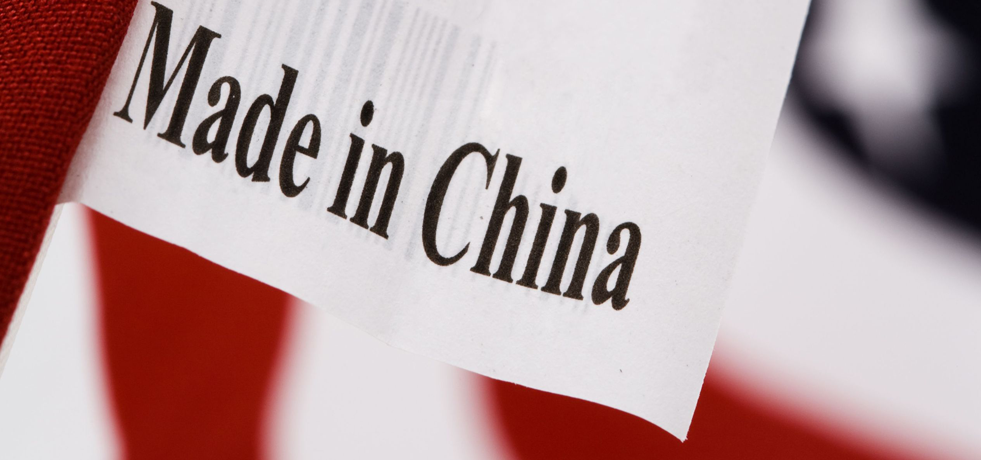Despite reports of a slowdown in the number of companies outsourcing manufacturing to Chinese factories, and the country’s economic downturn, China remains a popular location for contract manufacturing. This is evidenced by the decision of at least two Western companies to shift production to the oriental giant this year.
Those companies are U.S.-based Makerbot, a 3D printer manufacturer and Canadian aircraft maker Bombardier, which will commence cockpit manufacturing in China, with wing manufacture shifting to Mexico.

So if manufacturing in China still a realistic prospect in 2016?
I believe so, particularly for Australian companies which can benefit from the relatively short transportation distances involved, compared with Western countries like the United States.
The Advantages of Manufacturing in China
If your company is considering whether or not to outsource some of its manufacturing output to Chinese factories, you’re no doubt aware that doing so entails some complexity. It would take a much longer article than this one to outline all the pros and cons of manufacturing in China, so for now I will just stick to highlighting a couple of the advantages and challenges.
Lower manufacturing costs: Although the costs of manufacturing in China have increased of late, they are still substantially lower than at home. This is mainly due to the cheap cost of Chinese industrial labour. If your company is struggling with manufacturing capacity therefore, outsourcing to China could be a preferable alternative to domestic expansion. Especially when you add the fact that …
Capital costs are lower: It’s not only labour that is cheaper in China. As an alternative to buying or renting facility space at home and hiring a local workforce, outsourcing to a Chinese manufacturer is still likely to be the less expensive option. That said, the transportation and other elements which make up total landed cost must be carefully considered.
Challenges to Prepare For
Of course labour/capital costs aren’t everything and depending on your industry and market, there are many other factors to evaluate when contemplating manufacturing in China.
For example, if your industry involves the use of local raw materials, you might find those same materials are more expensive in China. Perhaps the Chinese have to import the materials that you can currently source locally, which would nullify some of the other potential cost benefits.
There are also plenty of challenges to manufacturing in China which apply, regardless of the market your company serves. For one thing, the differences between Eastern and Western cultures can dramatically impact the strength of business relationships and supply chain performance for companies that outsource manufacturing in China.
If the differences are properly understood and allowed for, China outsourcing can be a successful solution. If not, relationships can suffer along with performance, as many, many companies have found out to their cost. If your organisation is seriously considering manufacturing in China, the importance of culture simply must not be underestimated.
Strategy is Everything
In my view currently, there is no less reason to consider manufacturing in China now, than there was two or three years ago. However the critical thing is to know exactly why your company should outsource abroad as opposed to manufacturing on home soil.
Along with cultural issues, a lack of strategy, or a failure to align outsourcing strategy with the overall corporate vision, has been one of the most common causes of China outsourcing difficulties. If your company has a clear purpose for manufacturing in China, and a well thought out plan to serve that purpose, there is no reason such a venture should not be successful.
If you’d like to explore the challenges, complexities, and benefits of China outsourcing in more detail, my book, titled China Sourcing, takes a deep dive into the subject, covering topics such as regulations, relationships and business culture, among others. To delve a little further into the book’s content or to place an order, just pay a visit to the product page here at Supply Chain Secrets Books.

